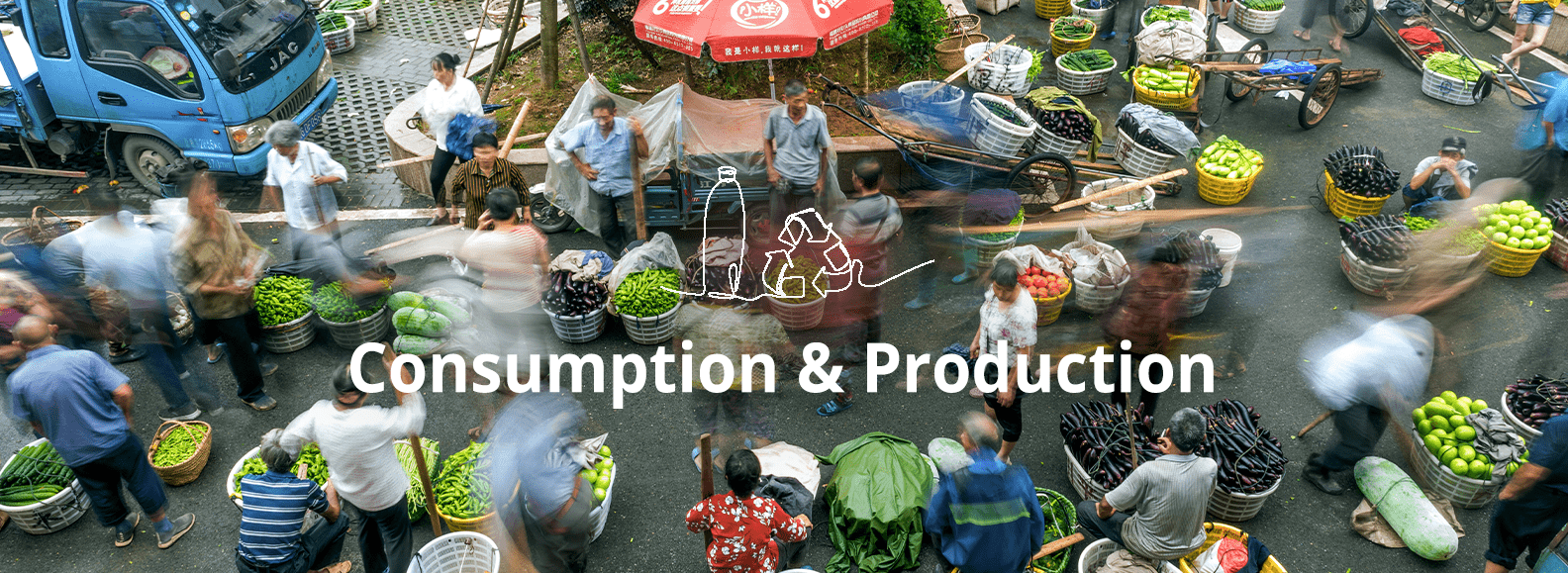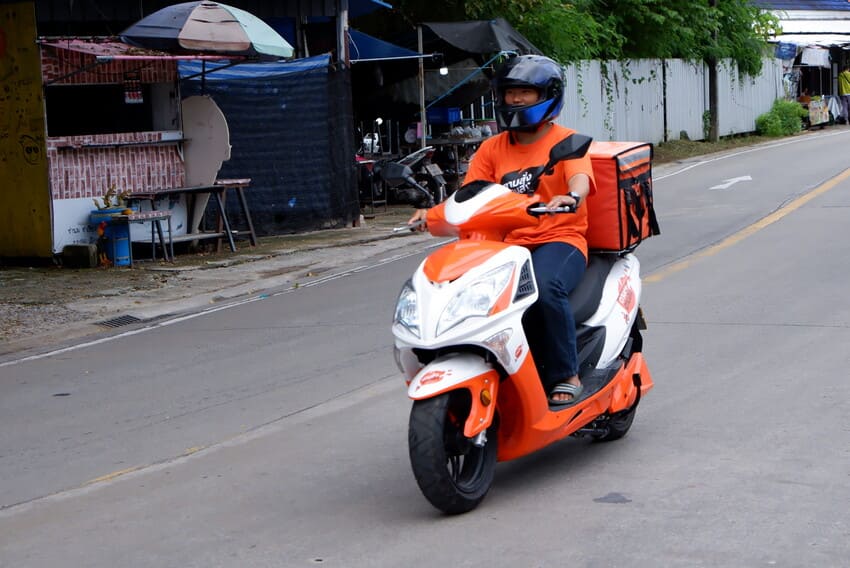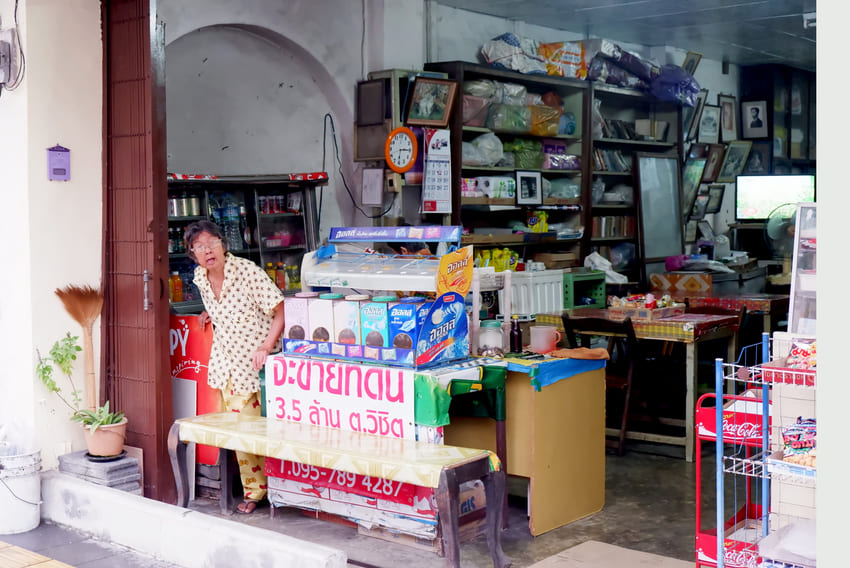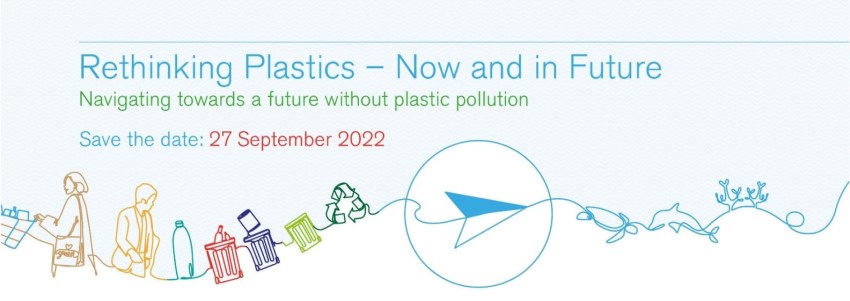Sustainable Consumption and Production of Plastics
Reducing and avoiding plastics can make a big contribution to reduce plastic waste. Products can for example be designed in a way, that they use less packaging or that they can be reused and recycled. To think about reusable or degradable alternatives is therefore a task for businesses, but also for consumers. The latter for example have the choice to refuse too much packaging, move to more sustainable or reusable alternatives or bring their own bag, cup or cutlery.
Especially single-use plastic consumption of items like cups, plastic bags and straws is rapidly increasing, mainly in food packaging for better transportation and durability. Plastic packaging supports “on-the-go” lifestyles with ready-made meals and single-use plastic items for takeaway. Recently, plastics in food delivery, takeaway and online commerce saw an additional rise due to COVID-19 related closures and distancing measures. At the same time however, single-use plastics cause environmental pollution. They are only used once for a relatively short period of time before they are thrown away, where they often land in the environment.
‘Rethinking Plastics’ encourages exchange and pilot activities on sustainable consumption and production of plastics and supports reduction and reuse approaches to prevent plastic waste from ending up in the environment and in the ocean.
Projects

Promoting Environmentally Friendly Containers
“In China, the demand for packaging in the logistics industry is very high,” reports Wang Guixin. As director of the Qingdao Junshengmingshi Logistics Packaging Institute, she knows what she’s talking about.

Less Plastics in Phuket
“Before the COVID-19 pandemic, Phuket had many visitors every year. And with rising tourist numbers, plastic waste steadily increased,” says Phuket’s Deputy Governor Amnuay Pinsuwan.

Wala Usik – Nothing is wasted
Plantable toothbrushes, reusable containers, apps that calculate your carbon footprint, compostable bioplastics made from rice hulls and other agricultural waste: these are just some of the ideas developed by local sustainable businesses and creative minds in the Philippines to put into practice the zero-waste and circular economy.

Promoting Innovative and Sustainable Packaging
Kim Castillo and her colleagues have been busy. At the Philippine Center for Environmental Protection and Sustainable Development, they understand that billions of plastic items are ending up on the country’s streets and coastlines every year, and impacting fisheries and agriculture.

Single-Use Plastic Free Schools
Rusty the Turtle, Marley the Manta Ray and Steeb the Plankton are comic book characters who go on big adventures.

A Supermarket Alliance to Reduce Single-Use Plastic Bags
An average supermarket in Hanoi gives out more than 100,000 plastic bags every day. This number is rising, with dramatic consequences not only for the environment, but also for Vietnam’s waste management system.








